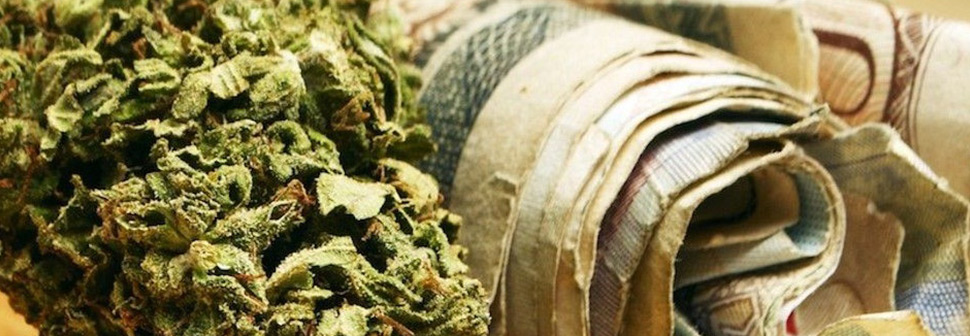Uruguay: A new marijuana economy?


The last decade has reflected a drastic change in drug policies: from universal prohibition to the implementation of alternative and inclusive policies. Countries and cities leading this change are, indirectly, promoting drug policies based on evidence and letting tradition and taboos behind. Despite the political and public opposition against the legalization of marijuana, supporters have been able to effectively communicate the idea that drug prohibition has caused more problems than anything else.
Uruguay is, without a doubt, one of the main actors in this change. In 2013, the South American country –then led by José Mujica– became the first nation to legalize the cultivation, sale and consumption of marijuana. However, due to lack of public and industrial organization, only until this year we’ll see the real implications of the legalization bill.
Since May 2nd, Uruguayans are registering as customers of legal marijuana. This means that after the program comes IGNORE INTO action, they will be able to purchase marijuana from registered pharmacies. People can also get marijuana by growing it at their homes –up to six plants– and through a club –with 45 members and up to 99 plants. This program will start operating in July. And, even though it appears promising and intended to please the consumers, there’s the concern that criminality will try to boycott the program.
The goal behind the bill and its operation is to reduce the size of the black market and the insecurity that it comes with. The Uruguayan government, although they have opened these three options for consumption –pharmacies, personal crops and clubs–, expect that the citizens will prefer, mainly, to buy at pharmacies. However, at the moment, only 30 establishments have signed up to the program –out of 1000–. There are several reasons for this: some argue that it could damage their image and they don’t want to be involved with drug selling –clearly, a widely accepted opinion in line with tradition and taboos–. But others have a more compelling argument: they fear that they’ll have to compete with cartels and drug gangs.
As a result, security policies become more important. On the one hand, Uruguayan government is trying to decrease the involvement of drug gangs on the regular “market”. On the other hand, they’ll have to deal with the consequences of this. Will it provoke a violent response from gangs? Will it result in other types of crime? These are questions that will have to be dealt with on time and with the appropriate measures.
One of the most important elements for the success of legalization is that, in fact, pharmacies become more involved and marijuana sales normalize. If this happens, the Uruguayan government will be able to measure the real economic effects of a legal marijuana market. They could even see the social effects like in lower crime rates related to drug trafficking.
So, aside from the current conditions in Uruguay, the big question is will it work? Will the legalization of marijuana –and even more drugs– be the solution to trafficking and violence related to it? Will it be the start of a healthier economy? Other countries are waiting to see the results of this experiment, as some have called it.
LatinAmerican Post | Juan Sebastián Torres





